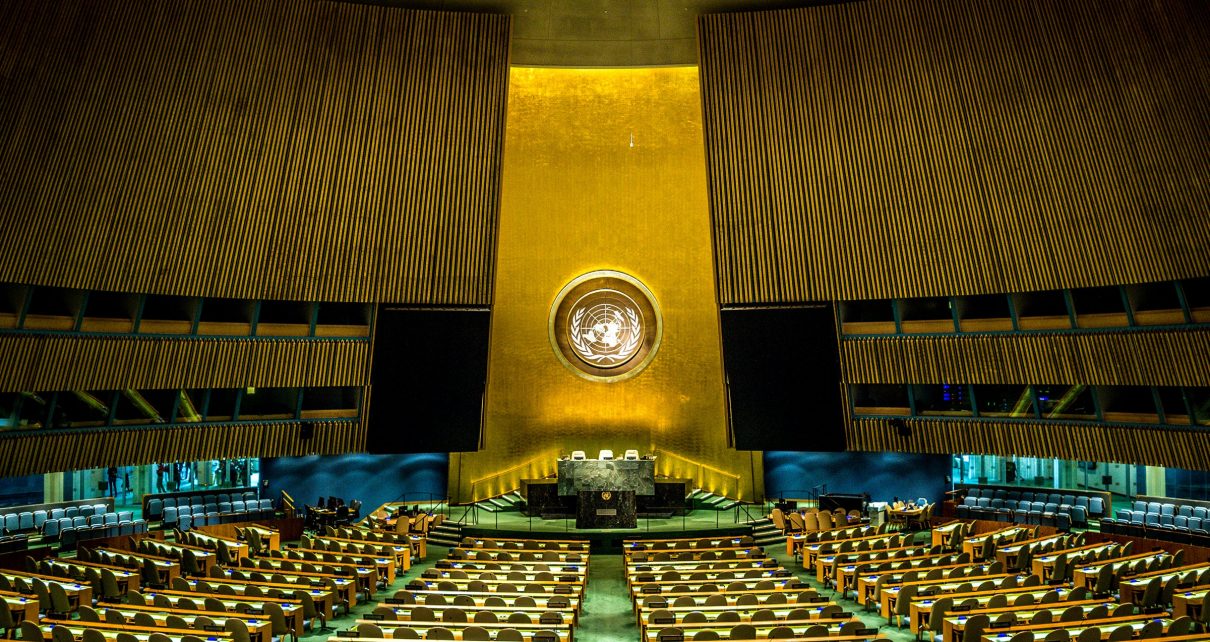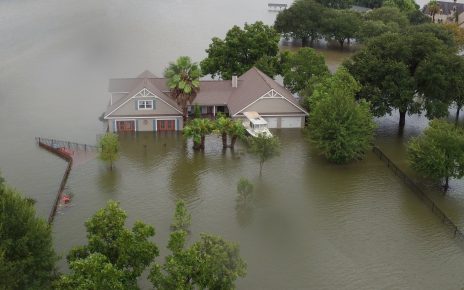The United Nations postponed an important year-end climate summit in Glasgow, Scotland, because of concerns about the novel coronavirus pandemic.
U.N. climate leaders bowed yesterday to mounting pressure to delay the summit that attracts thousands of delegates and observers. The gathering will be held in 2021, and a midyear meeting that would have been held in June is scheduled to occur in Bonn, Germany, at the end of this summer.
The news comes as the coronavirus has spread to 180 countries and claimed more than 45,000 lives. The conference center in Madrid where the U.N. summit was held last December and the Glasgow venue that was booked for this November’s meeting have both been converted to field hospitals.
“The world is currently facing an unprecedented global challenge, and countries are rightly focusing their efforts on saving lives and fighting COVID-19,” said Alok Sharma, the United Kingdom energy and business minister who will serve as president of the meeting, known as the 26th Conference of the Parties.
The Glasgow conference was to be the most important climate meeting since the 2015 Paris summit. Countries were expected to update their Paris Agreement pledges ahead of the gathering, further reducing emissions through 2030. The first round of pledges, now 5 years old, put the world on track for potentially catastrophic warming of 3.2 degrees Celsius, according to the U.N. Environment Programme. The Paris Agreement’s goal is to keep warming “well-below 2 degrees.”
Environmentalists stress that the deadline for nations to submit their enhanced nationally determined contributions, or NDCs, to Paris remains 2020, not 2021.
“From a political perspective, the postponement of the COP doesn’t change the fact that the science requires, and the public is demanding, enhanced climate action now,” said Alden Meyer, director of strategy and policy at the Union of Concerned Scientists. “It should not relieve the pressure at all.”
To date, 107 countries have signaled their intention to improve on their 2015 commitments this year—but they’re mostly small and medium-sized developing countries collectively responsible for just 15.1% of the world’s greenhouse gas emissions, according to the World Resources Institute.
Six countries have already submitted updated pledges. Japan’s submission Tuesday was widely panned as short on ambition, though it has hinted it might improve it.
“There may be some countries trying to take advantage of the current crisis to slip out their low-ambition announcement without being too much on the radar screen,” said Meyer.
The European Union is expected to strengthen its pledge later this year. Frans Timmermans, the E.U.’s executive vice president in charge of the European Green Deal, said in a statement yesterday that the commission would take its first step toward a possible new pledge to cut emissions 50-55% compared with 1990 levels by 2030 by September. The E.U. currently has a 40% reduction goal.
“The Commission will stick to that,” Timmermans said.
The world’s biggest economies and heaviest emitters, like China, India and Brazil, haven’t signaled any intention to ramp up ambition. And the United States is on track to leave the Paris Agreement in November.
Climate advocates accepted the summit’s delay. But they said as countries move past their response to the public health crisis and refocus on recovering economically, those policies should support the promises they made in Paris five years ago and not undermine them. Stimulus plans worldwide can spur green energy innovation, efficiency measures and climate resiliency. Or they can double down on fossil fuels, they said.
“As countries eventually move into that recovery phase, pointing those recovery packages in the right direction can also undergird what countries do in their NDCs,” said David Waskow, director of the international climate program at the World Resources Institute.
It remains unclear when the Glasgow conference will happen. The U.N. and the U.K. government must coordinate with African countries—who were to host COP27, the U.N. summit in 2021—to decide whether there should be two summits in one year, or whether the meeting in Africa should be postponed until 2022.
The move also pushes the U.K. and Italy center stage in multilateral processes for 2021. The U.K. will now hold the presidency of the COP the same year it leads the Group of Seven. Italy will host an important pre-COP climate meeting and the Group of 20, which brings together important developed and developing countries. Both countries are progressive on climate issues.
Rachel Kyte, a former U.N. official who is dean of the Fletcher School of Law and Diplomacy at Tufts University, said the 2021 summit has the potential to finally “end the stovepiping” of climate change and global economic management. Those issues have been treated separately in multilateral fora.
“When everything is dislocated, everything is disrupted and everything is on a different time frame, it is possible for the countries that are in the leadership position in climate and are in the leadership of the G-7 and G-20 to say, ‘This is it,’” she said. “This is a reset moment.”
Reprinted from Climatewire with permission from E&E News. E&E provides daily coverage of essential energy and environmental news at www.eenews.net.




